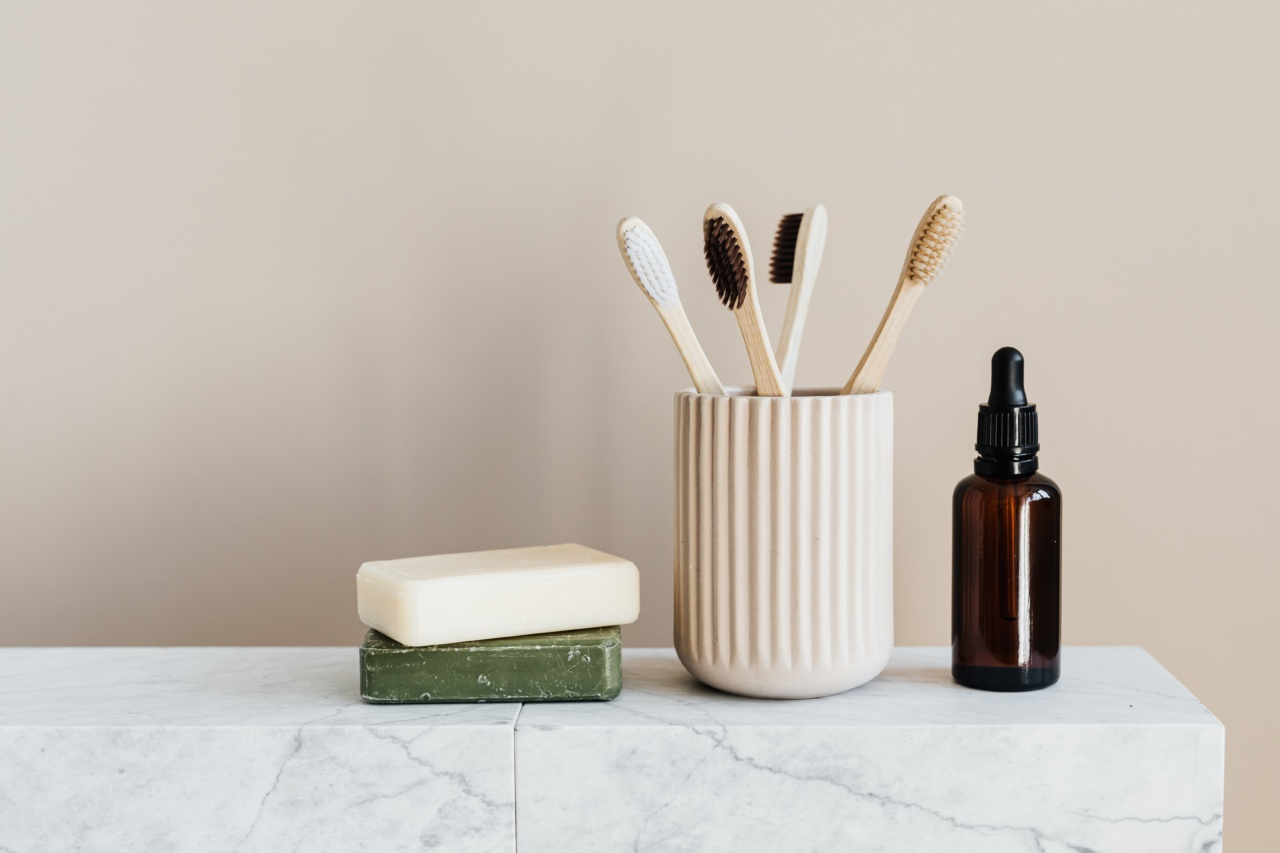Having quality relationships in your life is one of the most valuable things you can experience. Whether it’s with family, friends, or a romantic partner, building and maintaining strong connections can provide support, comfort, and happiness.
However, relationships can also be challenging and require effort to keep them healthy and positive. Here are some simple tips to enhance your personal relationships:.
1. Communication is Key
Good communication is at the foundation of every healthy relationship. This means taking the time to actively listen to what the other person is saying and expressing your own thoughts and feelings clearly.
Avoid making assumptions or jumping to conclusions, and try to approach any conflicts with an open mind and a willingness to compromise. Regularly checking in with your loved ones and showing interest in their lives can also strengthen your bond.
2. Practice Empathy
Empathy is the ability to understand and share the feelings of another person. This is especially important in romantic relationships, where partners may have different perspectives and emotional experiences.
Try to put yourself in their shoes and imagine how they might be feeling, even if you don’t necessarily agree. This shows that you respect and value their emotions, and can help alleviate tension and misunderstandings.
3. Show Gratitude
It’s easy to take our loved ones for granted, but expressing gratitude can go a long way in strengthening our relationships.
Whether it’s thanking your partner for making dinner or telling a friend how much you appreciate their support, acknowledging the positive things in our lives can foster a sense of closeness and appreciation.
4. Set Boundaries
Boundary-setting is an important aspect of any healthy relationship. This involves communicating your own needs and limits, as well as respecting the boundaries of others.
This can also mean saying no when you feel uncomfortable or overwhelmed, and being firm in your decisions. By creating clear boundaries, you can establish trust and respect in your relationships, and prevent any resentment or frustration from building up over time.
5. Practice Forgiveness
No one is perfect, and conflicts will inevitably arise in any relationship. It’s important to recognize that mistakes and misunderstandings are a normal part of human interaction, and to practice forgiveness when appropriate.
This doesn’t mean tolerating abusive or harmful behavior, but rather letting go of small irritations and hurt feelings. Remembering the positive qualities of the other person and focusing on solutions instead of blame can help mend any ruptures in the relationship.
6. Spend Quality Time Together
In our fast-paced world, it can be easy to neglect the time we spend with loved ones. However, quality time is essential for building and maintaining strong bonds.
This can mean anything from going on a date night with your partner, to having a simple chat with a friend over coffee. By setting aside time for meaningful interactions, you can deepen your relationships and create cherished memories.
7. Celebrate Each Other’s Successes
When someone we care about achieves something significant, it’s important to celebrate their success and offer our support.
This can mean attending a graduation ceremony, congratulating a friend on a promotion, or simply telling your partner how proud you are of them. By acknowledging and celebrating our loved ones’ accomplishments, we can show that we value and appreciate their hard work and dedication.
8. Don’t Hold Grudges
Grudges can quickly erode trust and goodwill in any relationship. Holding onto past hurts and resentments can create a toxic environment and prevent true intimacy from developing.
Instead, try to confront any conflicts head-on and work towards finding a solution that works for everyone. Forgiveness and understanding are key components of healthy relationships, and can help strengthen your bond in the long run.
9. Be Reliable
Reliability is an important aspect of any healthy relationship. This means following through on your promises and commitments, and being there for your loved ones when they need you.
Being dependable and trustworthy can help build a strong foundation of trust and respect, and prevent any misunderstandings or disappointments from arising.
10. Practice Self-Care
Finally, it’s important to prioritize your own emotional and physical well-being. Taking care of yourself can help you show up fully in your relationships and prevent any resentment or burnout.
This can mean anything from going for a run or taking a relaxing bath, to spending time with friends or pursuing hobbies you enjoy. By carving out time for self-care, you can enhance your own sense of happiness and fulfillment, which in turn can strengthen your personal relationships.



























